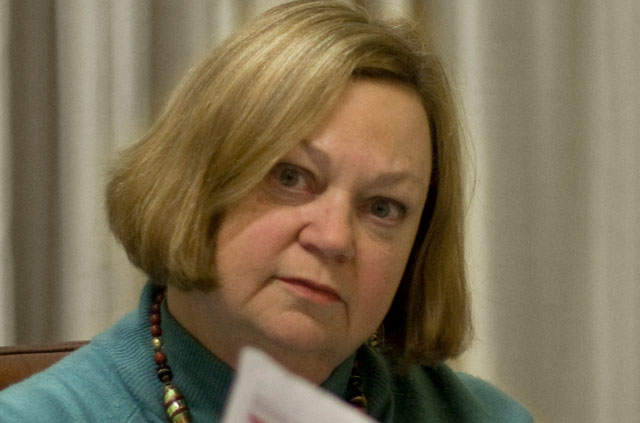
The Democratic Alliance wants communications minister Yunus Carrim and former SABC interim board chair Ellen Tshabalala to appear before parliament to explain why a deal the public broadcaster signed to supply two television channels to MultiChoice “contradicts government’s policy on digital terrestrial television”.
TechCentral, with the Sunday Times, revealed this weekend that the SABC and MultiChoice, which owns DStv, had signed a deal prohibiting the public broadcaster from offering any of its channels over a television platform that uses encryption technology.
E.tv has slammed the confidential deal, describing it as “directly contradicting government policy” and giving MultiChoice subsidiary M-Net a “free ride” in digital TV.
The free-to-air broadcaster wants the up to 5m digital set-top boxes that will be subsidised by government for poorer households to contain encryption technology known as “conditional access”. MultiChoice has accused e.tv of wanting taxpayers to subsidise its plans to enter the pay-TV market; e.tv has denied it or any of its sister companies plan to use the free-to-air system to offer pay-TV services in competition with DStv.
Although former communications minister Dina Pule prevaricated over conditional access shortly before she was fired by president Jacob Zuma in July, it remains government policy that the set-top boxes will contain the technology.
The deal was signed on behalf of the SABC by acting chief operating officer Hlaudi Motsoeneng. “We need to know why a deal of this magnitude was not signed by the SABC’s group [CEO] Lulama Mokhobo, and whether the terms of the deal had interim board approval before it was signed,” Shinn says in a statement.
Asked by TechCentral and the Sunday Times why the SABC had agreed to the clauses prohibiting carriage of its channels over platforms that use conditional access, the public broadcaster said simply: “This is a matter between two parties, and we will not be drawn to discuss this matter in the public space.”
“I understand that these conditions for the 24-hour news and entertainment channels were not put before the previous SABC board,” Shinn says. “We need to know how thoroughly the interim board understood the far-reaching consequences of this agreement and how thoroughly they interrogated the business case.”
According to Shinn, the SABC/MultiChoice deal “severely jeopardises the government’s set-top box local manufacturing policy, which was designed to boost the local electronics industry and, supposedly, create thousands of jobs”.
“Minister Carrim needs to explain whether the SABC had government approval to sign this deal that contradicts government’s years-long insistence that set-top boxes have access control systems to, in the main, grow and protect the local electronics manufacturing industry.” — (c) 2013 NewsCentral Media
- See also: E.tv fumes over SABC, DStv deal




